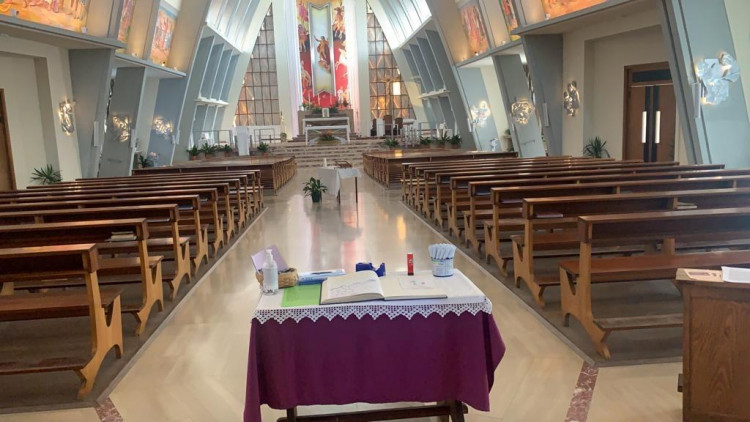Despite not meeting specific requirements, the U.S. Roman Catholic Church successfully persuaded government officials to make an exception to government policies to include the church in the Paycheck Protection Program.
As a result of this exemption, the church has received at least $1.4 billion in taxpayer-backed pandemic aid. And, there is reason to think that the overall payout could have been more than $3.5 billion, making the global religious body one of the biggest recipients of crisis relief efforts by the U.S. government.
Houses of worship and religious organizations promoting religious beliefs are typically not eligible for US Small Business Administration. But as the economy crashed and unemployment rates increased, Congress let religious organizations and other non-profits tap into the PPP, a $659 billion fund designed to keep Americans employed.
Roman Catholic dioceses, parishes, schools and other agencies have so far secured permission for at least 3,500 loans, AP reported, by vigorously promoting the system and marshaling resources to follow its changing laws.
In totalling the church's haul, the Associated Press also discovered tens of millions of dollars were granted to dioceses whose financial burden was due not merely to the coronavirus pandemic but also to recent compensations to victims of clergy sex abuse.
The PPP that the church has tapped was intended to help small businesses and non-profits pay employees in the wake of a plummeting economy. The Catholic church maximized its share after lobbying for an exemption that gave all religious organizations special treatment.
Congress allowed churches and other nonprofits to apply for loans as long as they abided by the SBA's affiliation rule, which stipulates that only organizations with less than 500 workers are eligible.
Based on data, a good chunk of the religious group's money was approved during the loan program's first two weeks. However, during that period, many local businesses were unable to get loans from the initial $349 billion financial provisions to the program because it was on a first-come, first-served basis. In total, almost 500 loans exceeding $1 million each were approved for Catholic organizations.
The PPP's 500-staff limit cap qualification for applicants would have otherwise meant that several Catholic dioceses would have been ineligible. However, religious organizations reportedly lobbied the Trump administration to be granted special treatment.
According to Micah Schwartzman, a University of Virginia law professor who specializes in constitutional subjects and religion who has studied the PPP, "that favoritism was worth billions of dollars," the Associated Press reported, as published in MPR News site.






